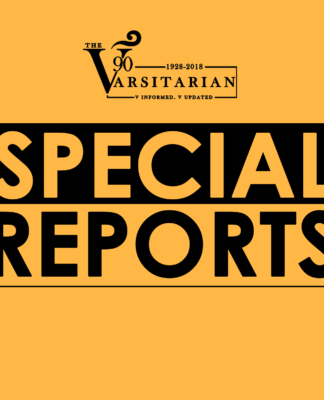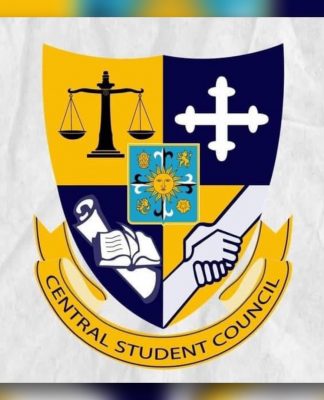NATIONAL Artist for Literature Francisco Sionil Jose urged Filipino writers to read Don Quixote, the novel by Miguel Cervantes de Saavedra first published in 1605 that is generally recognized by literary critics and writers worldwide as the first and the greatest modern novel of all time.
“I have learned from Cervantes the most crucial lesson in writing—to tell the story interestingly, never be boring,” Jose said in a lecture at the UST Central Library Hall sponsored by the Instituto Cervantes and UST Library to mark the 400th anniversary of the publication of El Ingenioso Hidalgo Don Quixote de la Mancha.
The National Artist for Literature said like Cervantes, writers should also write from the ordinariness and complexities of life.
Alluding to Don Quixote’s chivalric ideal to right wrongs and his funny encounters with windmills that he mistakes for giants and monsters, Jose said that there are larger truths beyond the products of Cervantes’ i magination, like “the vast hypocrisies of society, and the ogres that hovers it.” These, according to Jose, are what writers should see and write about.
Jose, who started reading Don Quixote as a young boy in Pangasinan, said the novel was one of the early influences in his writing. He said he was attracted by its simplicity and by its creative beauty. He said he made a critical paper about the novel when he was studying in UST under the great literary mentor and writer Paz Latorena.
He noted Cervantes’ influence in his own novel. He said Pepe Samson, the hero of Mass, like Don Quixote read voluminous stories of chivalry.” Viajero, he added is “the story of another journey in an alien geography and a definitive excursion onto self.” Like Don Quixote, Viajero is a picaresque novel depicting the Filipino diaspora. He said he consciously had Don Quixote in mind when he wrote the novels.
Jose described Don Quixote as a simple novel influencing every generation and culture.
“There is always a bit of the Viajero, the adventurer, and to use the word coined after this greatest of novels, the ‘quixotic’ in all of us,” Jose said.
Jose related Don Quixote to the present times saying that there is a need for a writer to be able to produce pieces that would tell people the truth and make them believe in it.
“Indeed, these are not just critical times—they are dangerous times for we have become cynical, disdainful and distrustful of government, of all our institutions, including the Church,” Jose said. “We have to believe now in something true, ennobling like knighthood, to raise that shining shield against the looming despair and the darkness that follows.”.”
The lecture, which was attended by such prominent writers as Gilda Cordero-Fernando, Ophelia Dimalanta, Isagani Cruz, Rosario Cruz Lucero, and Vicente Groyon, served as a conclusion of the month-long commemoration of the 400 years of Don Quixote and the UST Library.















